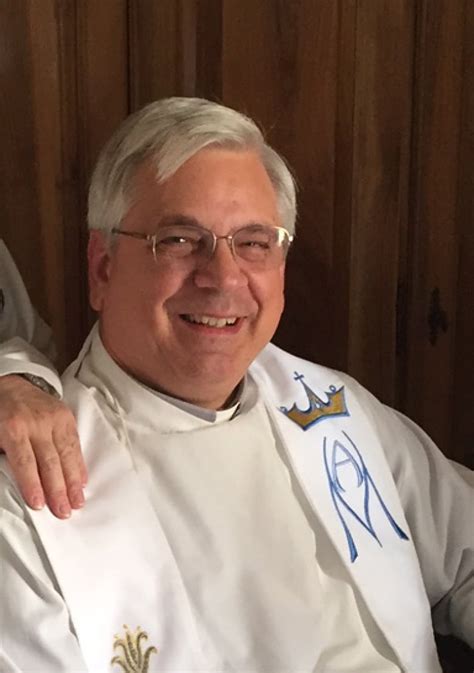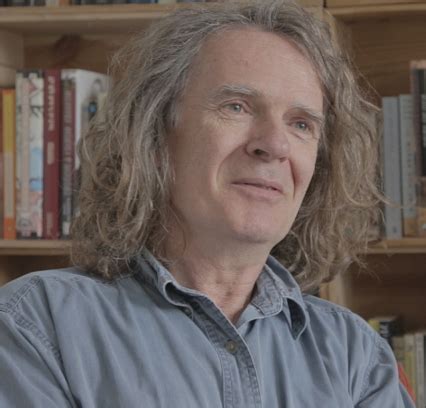A Quote by Sheri L. Dew
Thus, when we plead for the gift of charity, we aren't asking for lovely feelings toward someone who bugs us or someone who has injured or wounded us. We are actually pleading for our very natures to be changed, for our character and disposition to become more and more like the Savior's, so that we literally feel as He would feel and thus do what He would do.
Related Quotes
The Holy Ghost causes our feelings to be more tender. We feel more charitable and compassionate with each other. We are more calm in our relationships. We have a greater capacity to love each other. People want to be around us because our very countenances radiate the influence of the Spirit. We are more godly in our character. As a result, we become increasingly more sensitive to the promptings of the Holy Ghost and thus able to comprehend spiritual things more clearly.
It is only when we love God and Christ with all of our hearts, souls, and minds that we are able to share this love with our neighbors through acts of kindness and service... When this pure love of Christ - or charity - envelops us, we think, feel, and act more like Heavenly Father and Jesus would think, feel, and act. Our motivation and heartfelt desire are like unto that of the Savior.
Aging is no accident. It is necessary to the human
condition, intended by the soul. We become more characteristic of who we are simply by lasting into later years; the older we become, the more our true natures emerge. Thus the final years have a very important purpose: the fulfillment and confirmation of one’s character.
When someone new comes into your life and suddenly you feel more alive, more beautiful, more sexual, more creative, more desirable and more engaged; you feel that this new person is the key to those feelings. But actually, you have these qualities too. What you don't see and don't acknowledge in yourself, you project onto someone else. Carl Jung explored this very well. He called it projection.
The gift of the Holy Ghost is a gift of power. The Holy Ghost inspires and heals, guides and warns, enhances our natural capacities, inspires charity and humility, makes us smarter than we are, strengthens us during trials, testifies of the Father and the Son, and shows us "all things" that we should do. He helps us do more and become more than we could ever do or become on our own.
Someone with whom we have a lifetime's worth of lessons to learn is someone whose presence in our lives forces us to grow...those who consciously or unconsciously challenge our fearful positions. They show us our walls. Our walls are our wounds--the places where we feel we can't love any more, can't connect any more deeply, can't forgive past a certain point. We are in each other's lives in order to help us see where we most need healing, and in order to help us heal.
The tendency in our spiritual life but also our more general attitude toward love is that our feelings are all that is going on. And so to us the totality of love is what we feel. But to really love someone requires commitment, fidelity and vulnerability. Mother Teresa wasn't "feeling" Christ's love, and she could have shut down. But she was up at 4:30 every morning for Jesus, and still writing to him, "Your happiness is all I want."
Perhaps the greatest charity comes when we are kind to each other, when we don’t judge or categorize someone else, when we simply give each other the benefit of the doubt or remain quiet. Charity is accepting someone’s differences, weaknesses, and shortcomings; having patience with someone who has let us down; or resisting the impulse to become offended when someone doesn’t handle something the way we might have hoped. Charity is refusing to take advantage of another’s weakness and being willing to forgive someone who has hurt us. Charity is expecting the best of each other
It is never too late to strengthen the foundation of faith. There is always time. With faith in the Savior, you can repent and plead for forgiveness. There is someone you can forgive. There is someone you can thank. There is someone you can serve and lift. You can do it wherever you are and however alone and deserted you may feel.

































